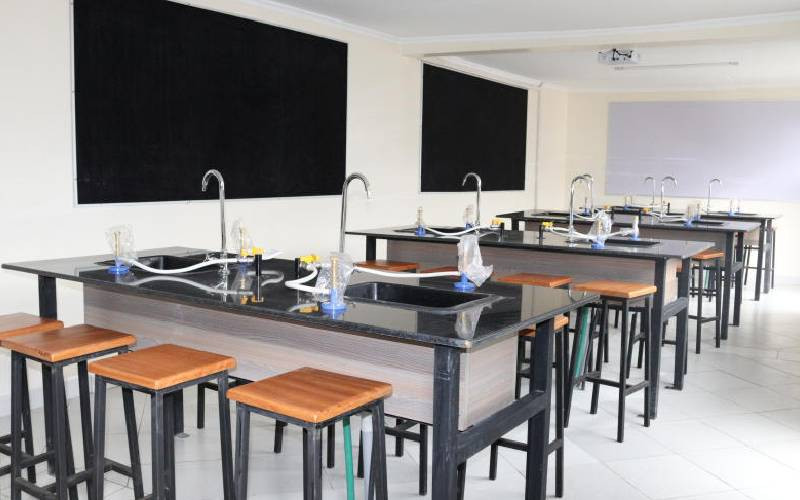×
The Standard e-Paper
Stay Informed, Even Offline

The government introduced the Competency-Based Curriculum (CBC) in 2017. CBC emphasises nurturing of learners' potential, national values, and integration of science, technology and innovation and seeks to ensure that the skills taught in educational institutions match the requirements of the industry.
This will facilitate the acquisition of 21st Century knowledge, skills and competencies, values and character development, patriotism and global citizenship, with positive implications for the quality of human capital.